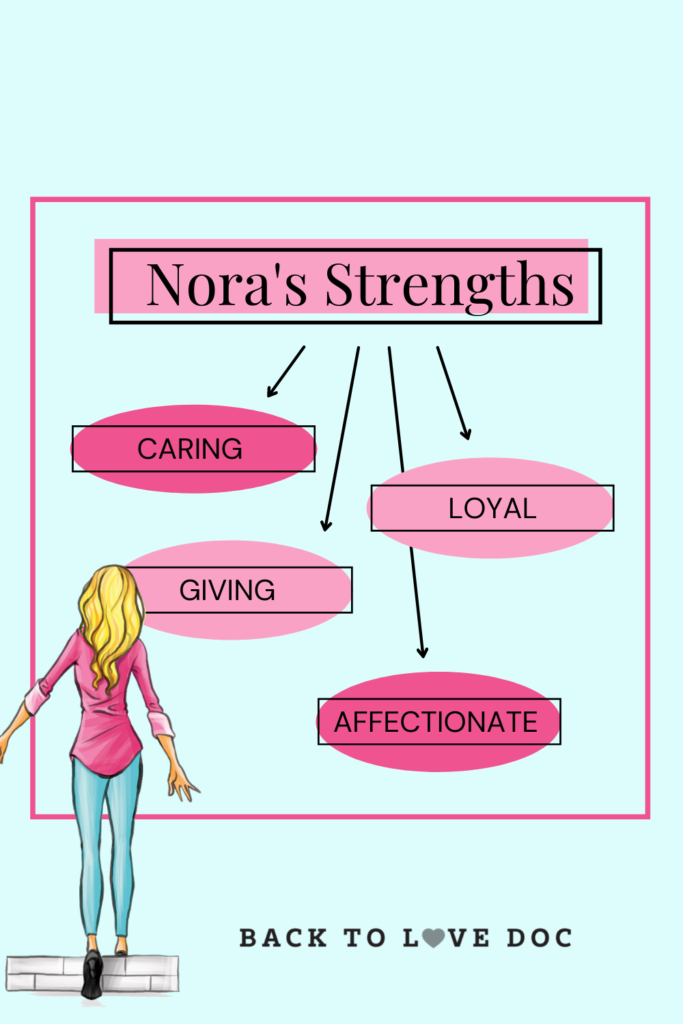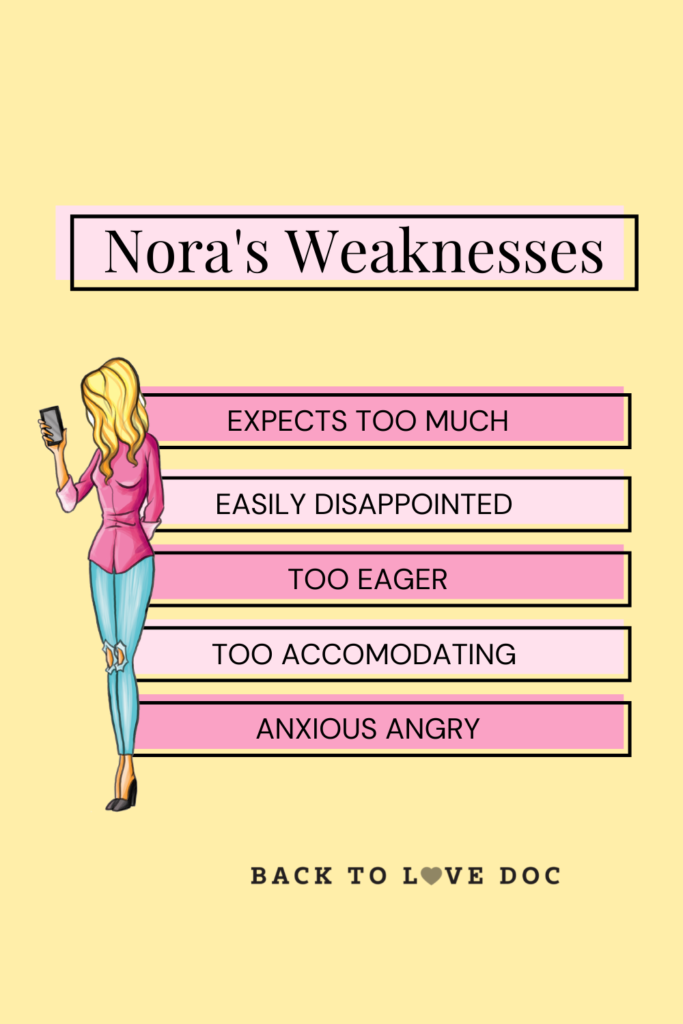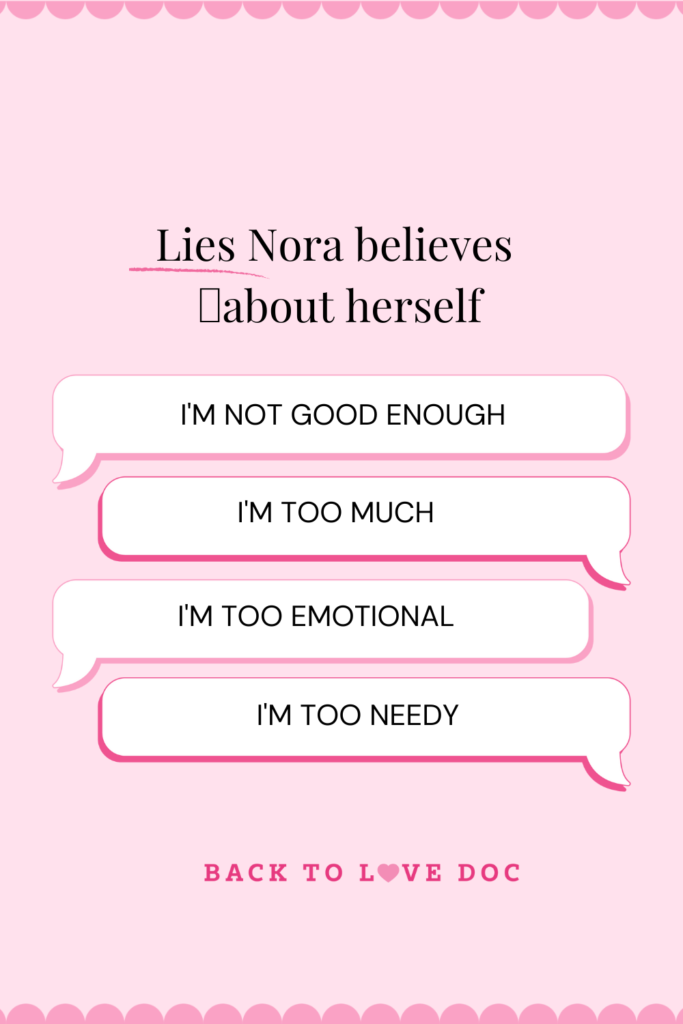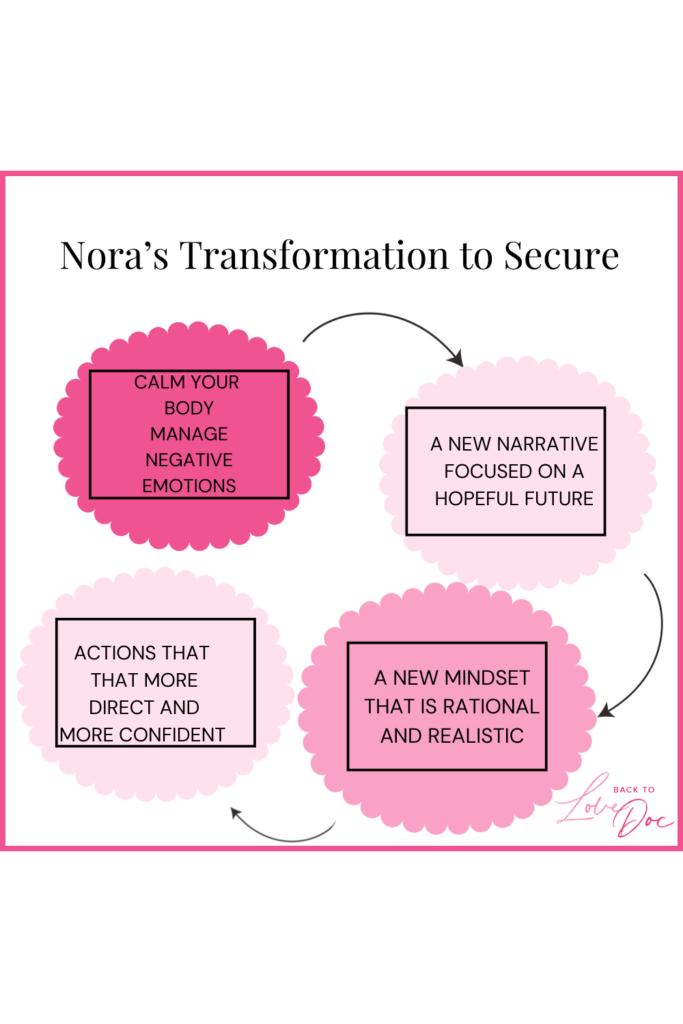What Is Anxious Attachment Style?
What is the Nervous or Anxious Attachment Style?
Are you navigating midlife changes and noticing that relationships—whether with your spouse, partner, kids, extended family, or colleagues—feel more challenging than they should? If so, your attachment style, particularly anxious attachment, could be playing a significant role. Around 20% of the population struggles with this attachment style, which often stems from early childhood experiences and impacts how we interact with loved ones as adults.
Anxious attachment is characterized by a deep fear of abandonment and a constant need for reassurance. Psychologically, this comes from inconsistent caregiving in early years, where affection and attention were unpredictable. The brain learns to associate love with anxiety and hypervigilance, leading you to constantly check if your relationship is okay. You may overanalyze small interactions, like a delayed text or an offhand comment, and fear the worst. This is because people with anxious attachment have an overactive amygdala, the part of the brain responsible for processing fear and emotional responses.
If you or your partner has anxious attachment, you might often feel like you need constant affirmation that your relationship is secure. This can create emotional hunger, making you look to your partner to fulfill all your emotional needs or “complete” you. Instead of building trust, you might form a “fantasy bond,” where the relationship feels intense but lacks true emotional safety. This attachment style can trigger persistent worry and leave you feeling emotionally drained.
Do you feel anxious when your partner doesn’t respond right away? Are you constantly trying to decode what your partner, child, or even colleague might be thinking? Do small things, like a forgotten chore or missed call, cause you distress? These are telltale signs of anxious attachment.
I’m Dr. Diane, a licensed psychologist with over 20 years of experience helping people just like you identify and heal their attachment style. In my work, I’ve seen how anxious attachment impacts all kinds of relationships—whether you’re married, dating, trying to maintain relationships with your kids or extended family, or navigating work dynamics. The good news is that with the right guidance, you can break free from this attachment pattern.
Research shows that healing anxious attachment starts with understanding self-regulation. When you begin to soothe your own emotions, the grip of fear lessens, allowing for healthier, more secure connections. With tools like mindfulness, self-compassion, and attachment-based therapy, you can rewire the anxious pathways in your brain and develop a more secure attachment style.
I’ve created a free quiz to help you identify whether you have an anxious attachment style. This quiz is a simple but important first step in recognizing the patterns that may be holding you back in your relationships—whether with a spouse, child, or even at work. Take control of your attachment style and start experiencing relationships with more security and trust.
Take the quiz today and begin your journey to healthier, more fulfilling relationships!




